On April 28th, 2023 Hangzhou Forum on Future Cities commenced both online and on-site in Yuanzheng-Qizhen Hotel, attracting over fifty experts and scholars from both home and abroad.
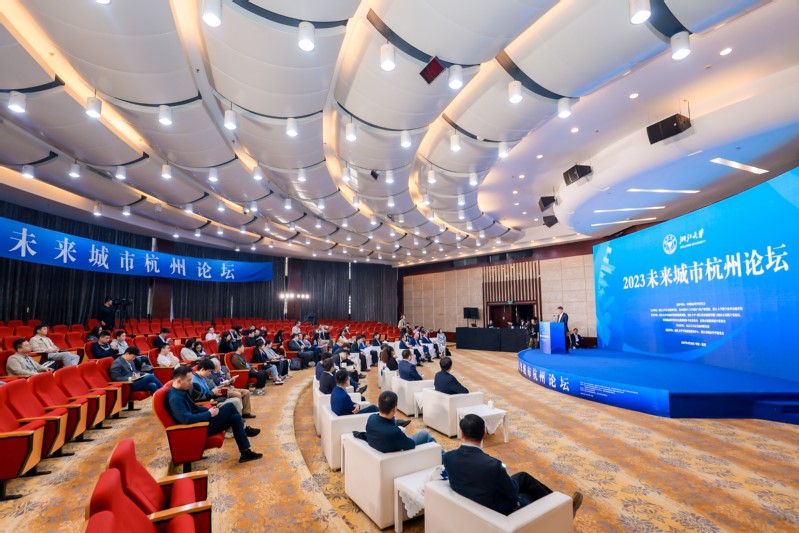
08:30-08:45 Opening ceremony
REN Shaobo, Secretary of the Communist Party Committee of Zhejiang University (ZJU),addressed the opening ceremony. He said that Chinese path to modernization reacquires the modernization of governance capacity to better empower high-quality urban and rural development. Concentrated on serving national great strategic demands, ZJU launched Digital Social Science Project striving for breakthroughs in theories and practices in digital governance, digital economy and digital rule of law. With support from Chinese Society for Urban Studies (CSUS), China Institute of Urbanization (CIU) of ZJU established Special Committee on Urban and Rural Digital Governance (the Special Committee) aiming to promote the efficiency of urban and rural governance. Valuable opinions from various circles on reform and development of ZJU and relevant disciplines are highly expected.
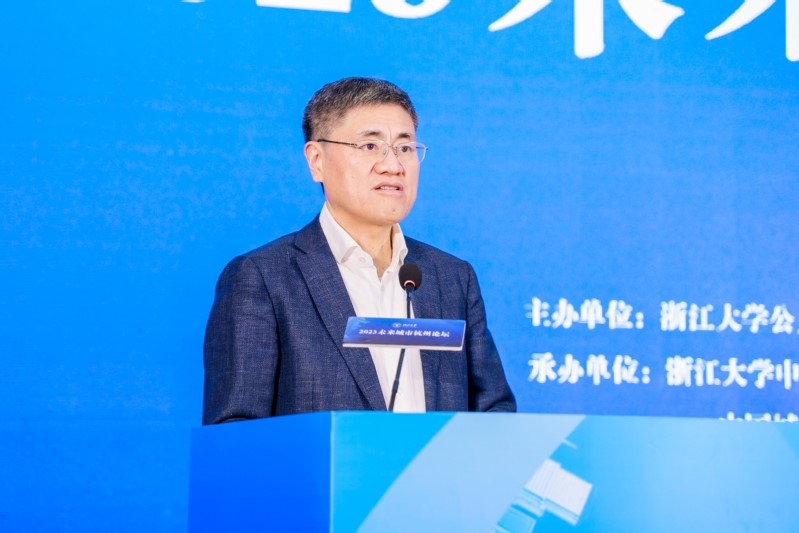
REN Shaobo, Secretary of the Communist Party Committee, Zhejiang University
CHEN Chun, Academician of Chinese Academy of Engineering, Dean of Faculty of Information Technology of ZJU and Dean of the Special Committee of CSUS, stressed that productive factors, social governance and industrial structure are undergoing profound changes driven by a new round of technological revolution and industrial reform. He acknowledged Prof. ZHANG Weiwen and her team on their efforts in it. CHEN hoped that with the Committee, experts and scholars from different areas can work together to explore the digitalization of city governance and to achieve in-depth integration among disciplines so as to energize the thriving digital China.
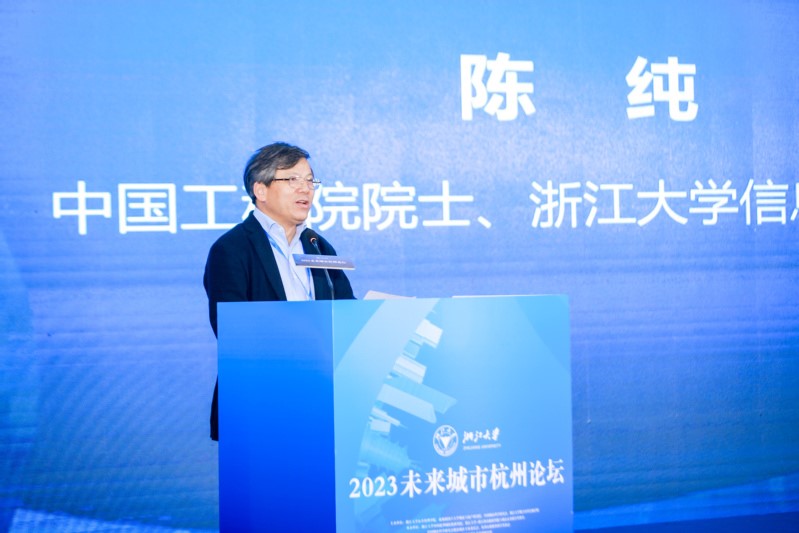
CHEN Chun, Academician of Chinese Academy of Engineering,Dean of Faculty of Information Technology of ZJU and Dean of the Special Committee of CSUS
WANG Lizhong, member of the Party Standing Committee and Vice-president of ZJU, presided over the opening ceremony. WANG mentioned that in the digital age, efforts to achieve digital China carry weight for the modernization of social governance with Chinese characteristics.
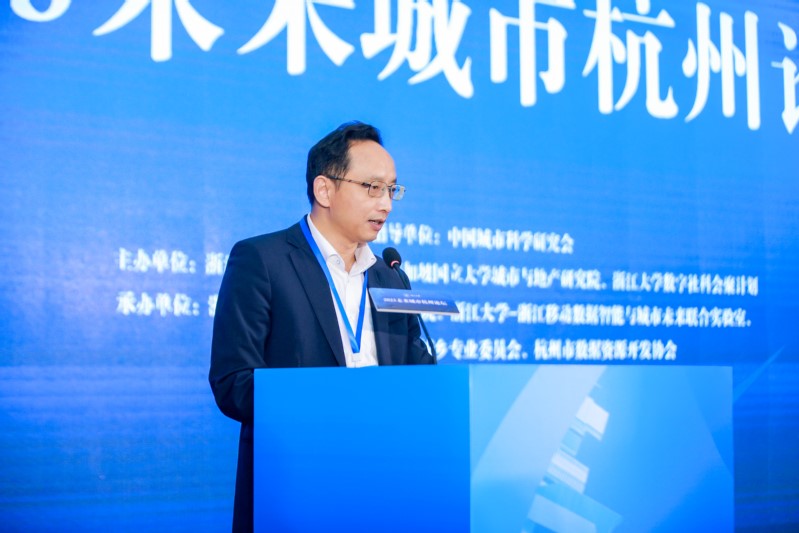
WANG Lizhong, member of the Party Standing Committee and Vice-president of ZJU
08:45-09:05 Inauguration ceremony of the Special Committee on Urban and Rural Digital Governance
DAN Feng, Deputy Chief Planner of CSUS chaired the inauguration and appointment ceremony of the Special Committee. Vice-president WANG presented appointment certificates to Dean CHEN Chun and Vice-deans of the Special Committee.
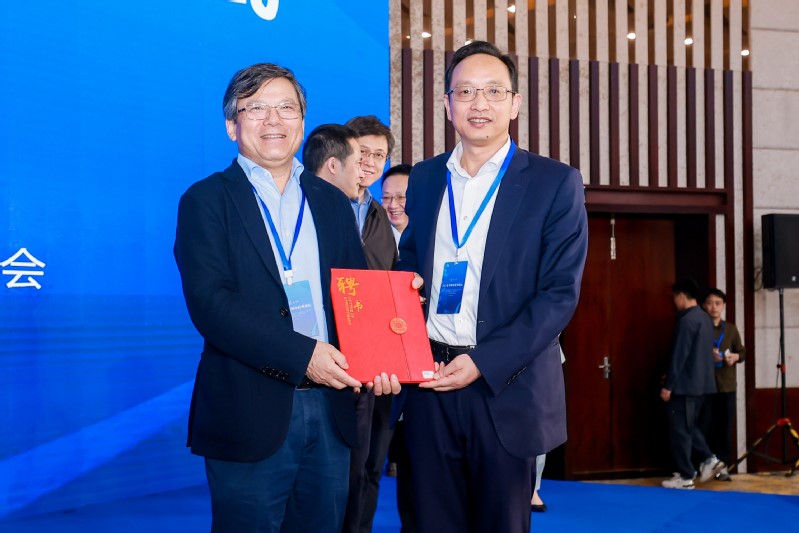
Vice-president WANG presented appointment certificate to Dean CHEN Chun
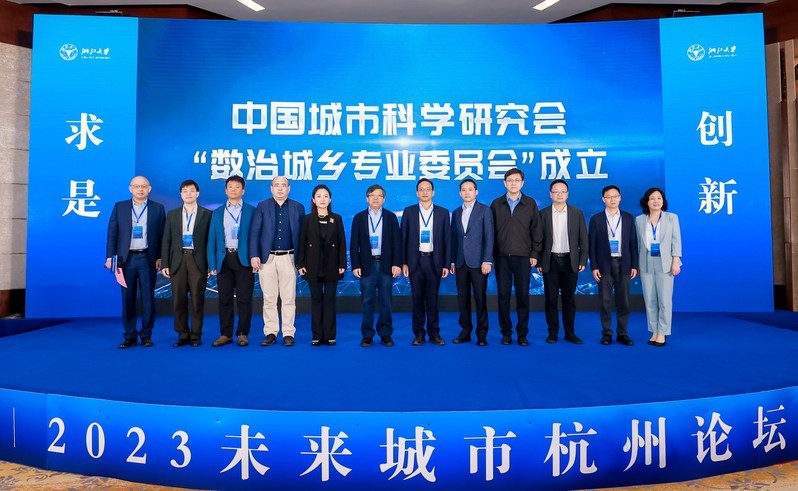
Inauguration of the Special Committee of CSUS
ZHAO Rui, General Manager of Zhejiang branch of Huawei and Vice-director of the Special Committee made an address on behalf. ZHAO stated that digital technologies have been the best choice in balancing development and promoting integration between rural and urban areas, which makes the founding of the Special Committee highly relevant. As a forerunner of digital empowerment, Huawei is committed to creating a smart world connecting all things, which is exactly the inspiration of the Special Committee. Huawei will work hard on applying digital technologies in pilot village development and talents cultivation so as to enable cities and counties share same web with same speed and promote the establishment of demonstration areas of common prosperity.
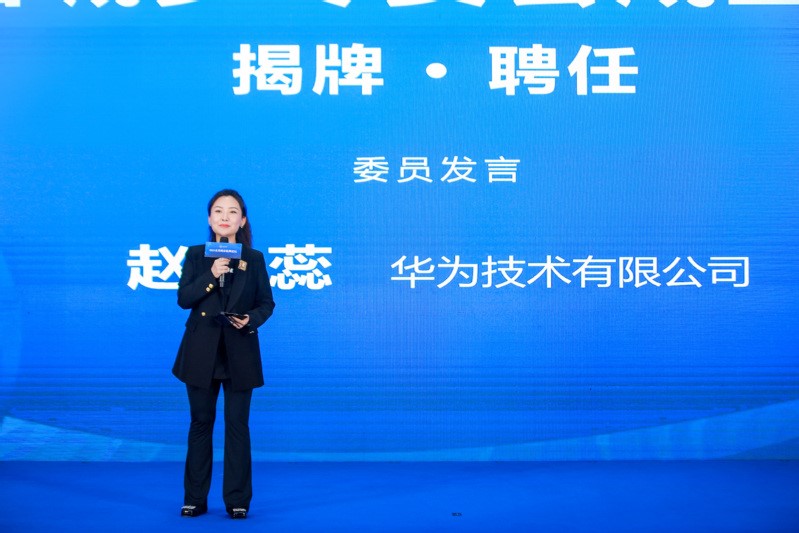
ZHAO Rui, General Manager of Zhejiang branch of Huawei and Vice-director of the Special Committee
09:05-09:25 IPO ceremony of Scientific Digital Intelligence
TANG Jinsong, Vice Dean of China Mobile (Zhejiang) Innovation Research Institute and Dean of ZJU-Zhejiang Mobile Joint Laboratory for Data Intelligence and Urban Future (the Joint Lab), presided over the IPO ceremony of Scientific Digital Intelligence.
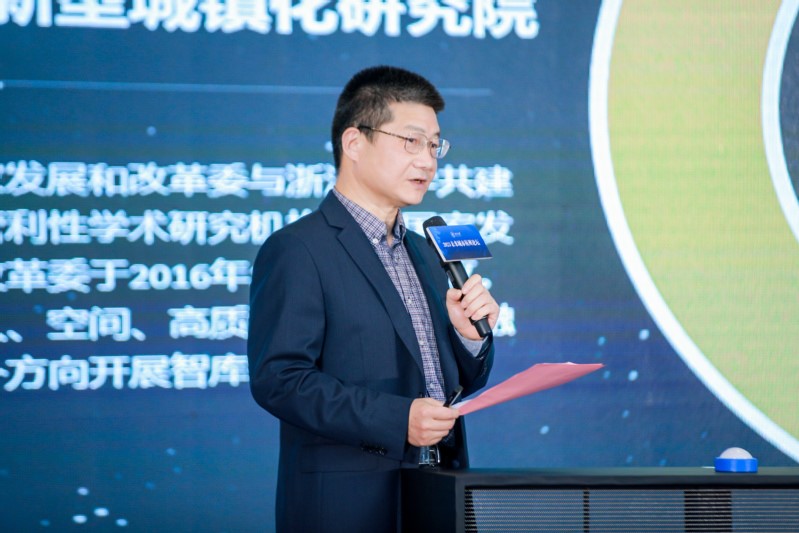
TANG Jinsong, Vice Dean of China Mobile (Zhejiang) Innovation Research Institute and Dean of ZJU-Zhejiang Mobile Joint Laboratory for Data Intelligence and Urban Future
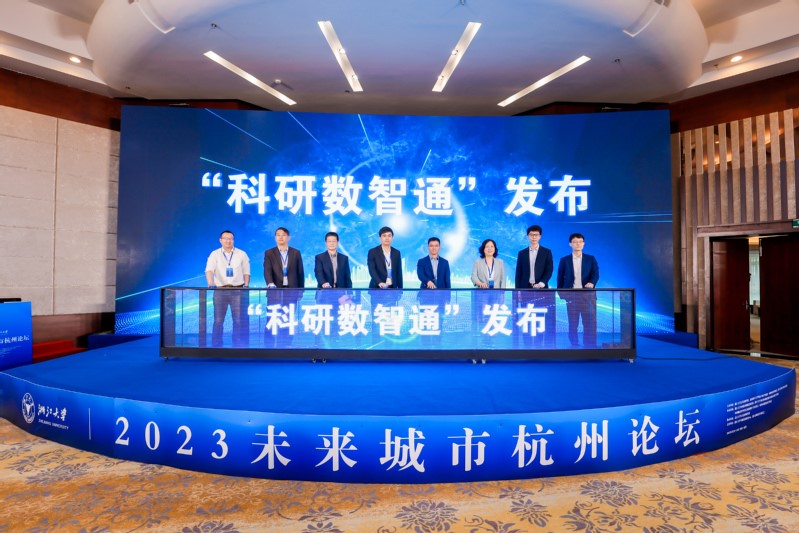
IPO of Scientific Digital Intelligence
ZHANG Weiwen, Vice Dean of School of Public Affairs (SPA), Dean of CIU of ZJU, and Dean of the Joint Lab, introduced this new platform. To address difficulties in finding, understanding and calculating data, the platform is supposed to provide an solution integrating standard database with machine modeling. It bears strengths in high-quality self-equipped data, low threshold, and competitive computing power. Prof. ZHANG welcomed constructive suggestions from all walks of targeting to new ecosystem for social science research on digital intelligence.
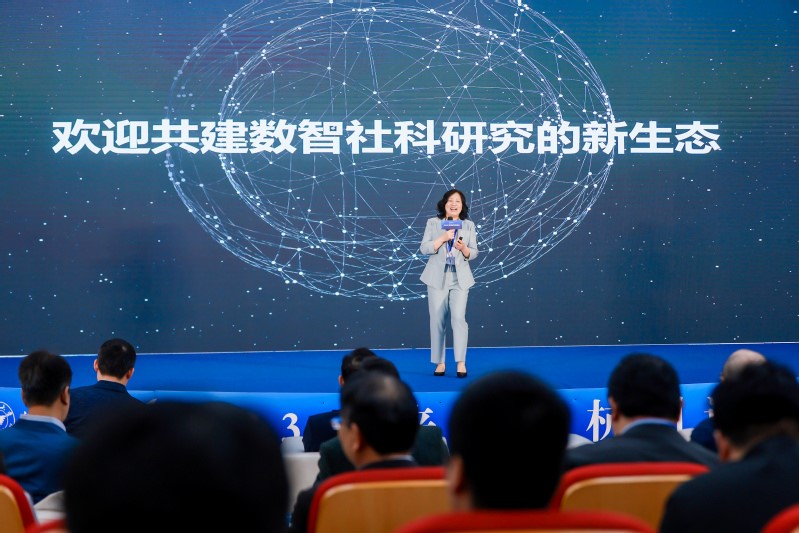
ZHANG Weiwen, Vice Dean of SPA and Dean of CIU of ZJU, and Dean of the Joint Lab
09:50-10:55 Keynote speech I
SHI Minjun, Professor of SPA and Vice Dean of CIU of ZJU chaired the keynote speech I.
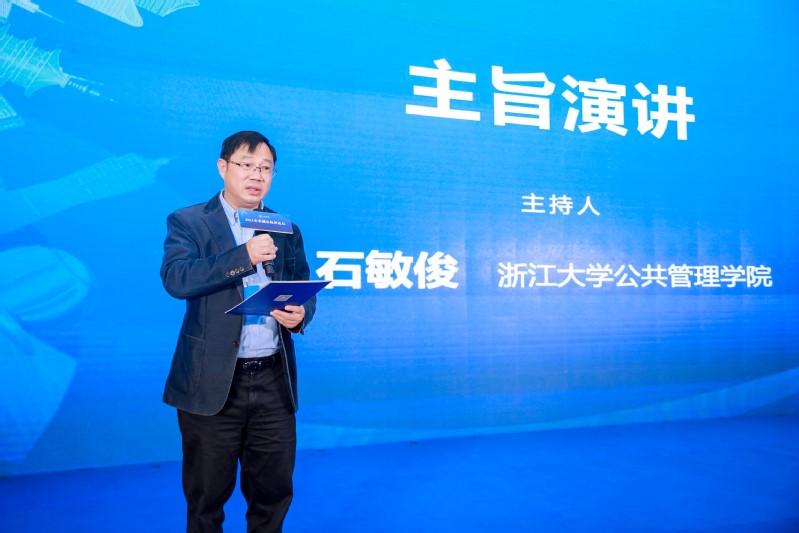
SHI Minjun, Professor of SPA and Vice Dean of CIU of ZJU
QIU Baoxing, Academician of Chinese Academy of International Eurasian Academy of Sciences, former Vice Minister of Ministry of Housing and Urban-Rural Development of the People's Republic of China and Director of CSUS, presented a speech focusing on category and development of smart cities as well as the roles government should play.
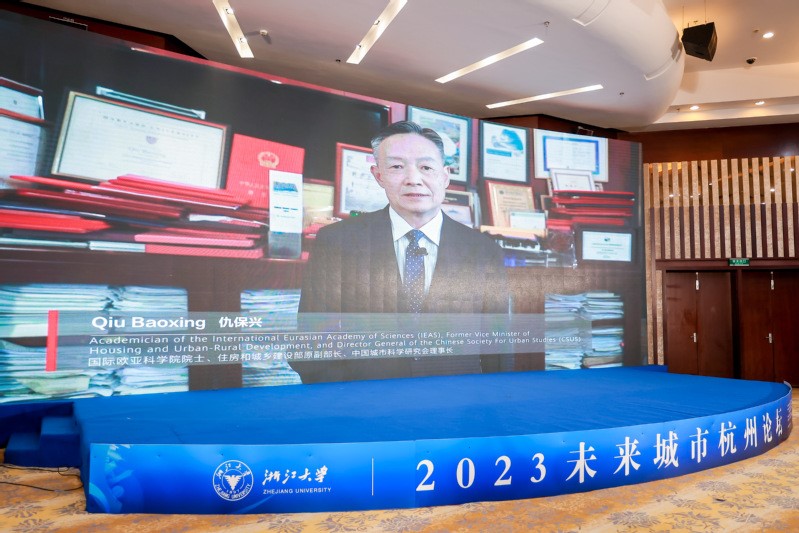
QIU Baoxing, Academician of Chinese Academy of International Eurasian Academy of Sciences, former Vice Minister of Ministry of Housing and Urban-Rural Development of the People's Republic of China and Director of CSUS
LU Jun, Vice Dean and Professor of School of Government of Peking University, and Vice Dean of the Special Committee delivered a keynote speech in which he mentioned five mechanisms by which digital technologies may accelerating the emergence of counter differential mode of association. Besides, Prof. LU also stressed five challenges China is facing and applicability of digital technologies.
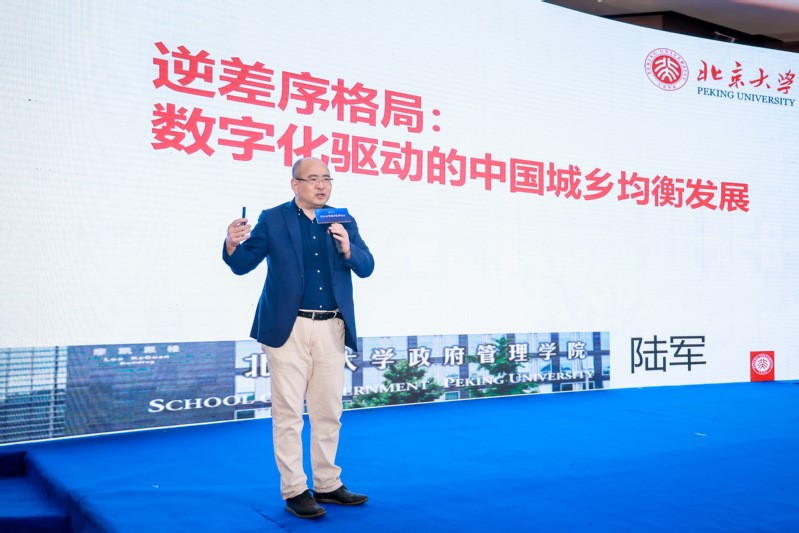
LU Jun, Vice Dean and Professor of School of Government of Peking University, and Vice Dean of the Special Committee
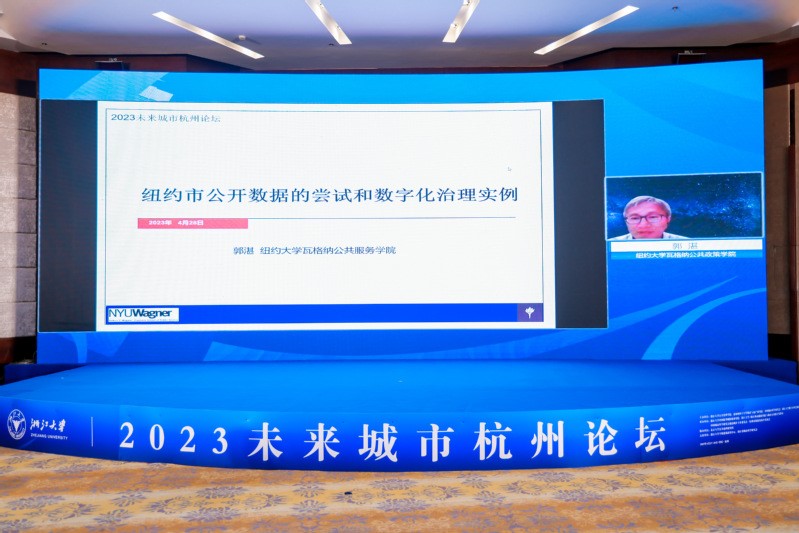
GUO Zhan, Associate Professor of Robert F. Wagner Graduate School of Public Service of New York University, shared specific cases to elaborate on the procedure and efficiency of data application in city governance in New York.
11:00-12:00 Roundtable forum I:
Industrial, academic and institute cooperation in digital urban and rural governance
YUE Wenze, Professor of SPA and leading scholar on urban space distribution of CIU of ZJU was the host of roundtable forum I.
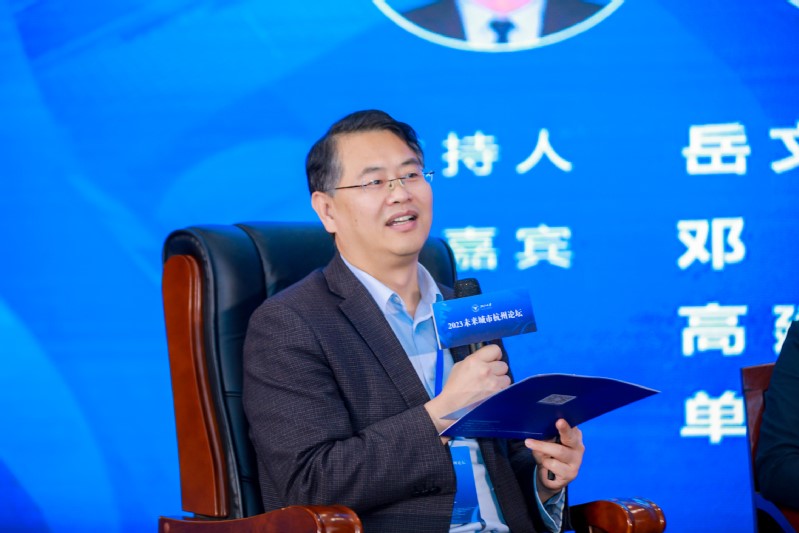
YUE Wenze, Professor of SPA and leading scholar on urban space distribution of CIU of ZJU
The forum was designed to provoke in-depth communication and discussion on industrial, academic and institute cooperation in digital urban and rural governance. Participants include DENG Bing, Senior Algorithm Expert of City Brain Lab of Alibaba DAMO Academy, GAO Jianjun, former Vice Dean of Tianjin University Research Institute of Architectural Design and Urban Planning, DAN Feng, Deputy Chief Planner of CSUS, SUN Hongbo, Director of Digital Governance of HUAWEI Ascend; WANG Xiaoliang, Senior Engineer of China Mobile (Zhejiang) Innovation Research Institute and Vice Dean of the Joint Lab, ZHANG Weiwen,Vice Dean of SPA, Dean of CIU of ZJU, and Dean of the Joint Lab and ZHANG Yuanjing, Deputy Secretary of CPC and General Manager of Urban-Planning & Design Institute of ZJU.
From different perspectives, participants shared their experience and suggestions regarding data generation,storage and transfer, public data, data security and relevant infrastructure.Prof. YUE concluded this discussion with key words namely coordination, win-win cooperation, differences and standards.
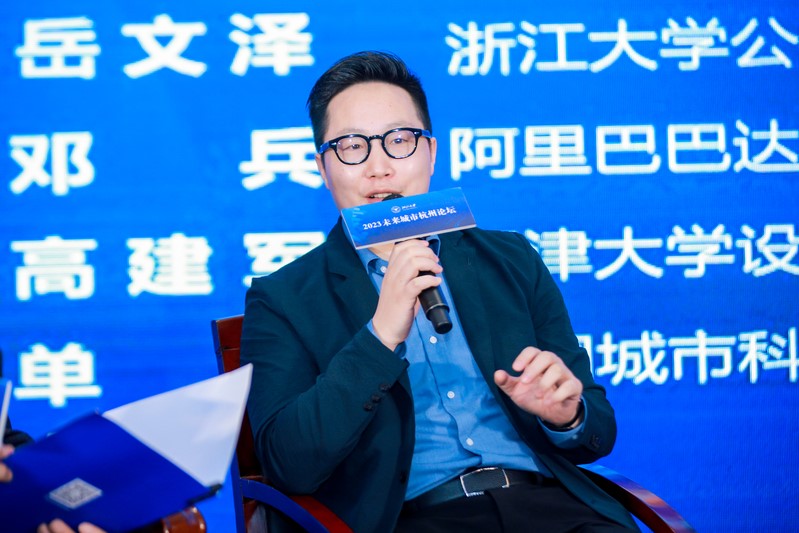
DENG Bing, Senior Algorithm Expert of City Brain Lab of Alibaba DAMO Academy
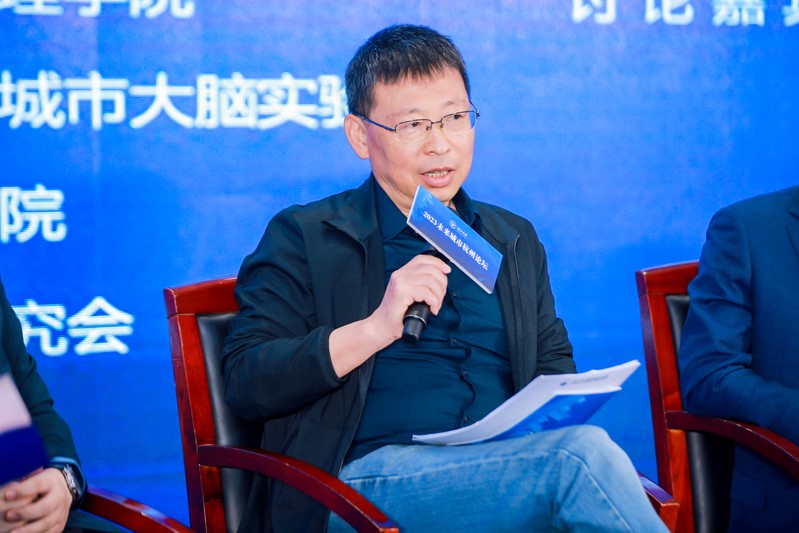
GAO Jianjun, former Vice Dean of Tianjin University Research Institute of Architectural Design and Urban Planning
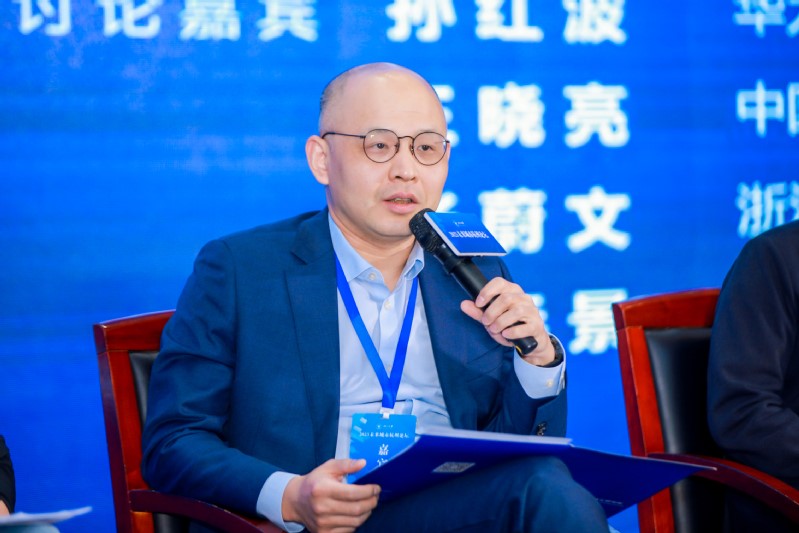
DAN Feng, Deputy Chief Planner of CSUS
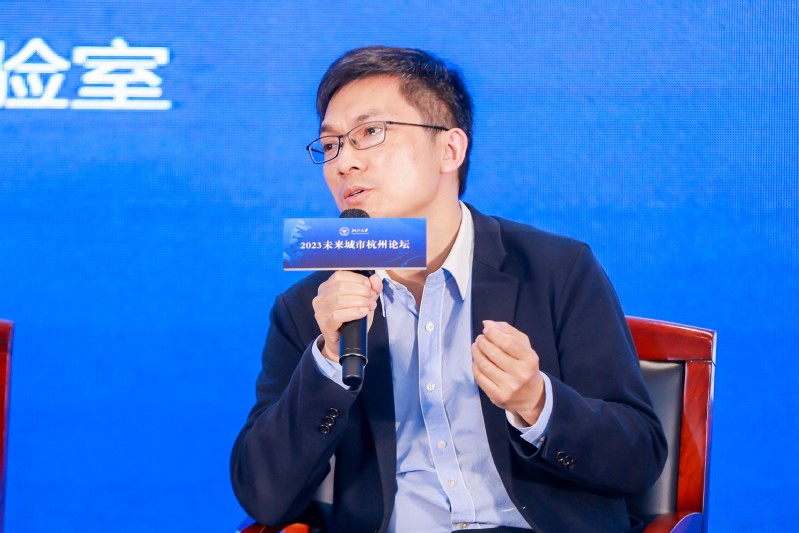
SUN Hongbo, Director of Digital Governance of HUAWEI Ascend
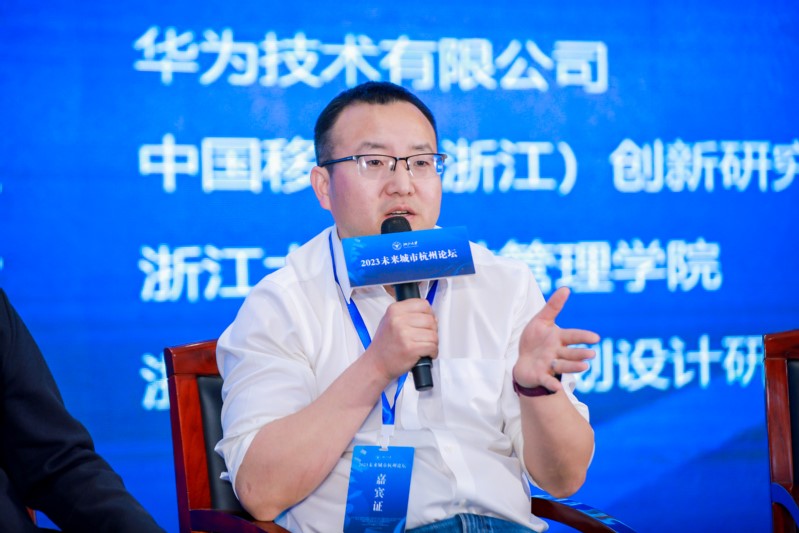
WANG Xiaoliang, Senior Engineer of China Mobile (Zhejiang) Innovation Research Institute and Vice Dean of the Joint Lab
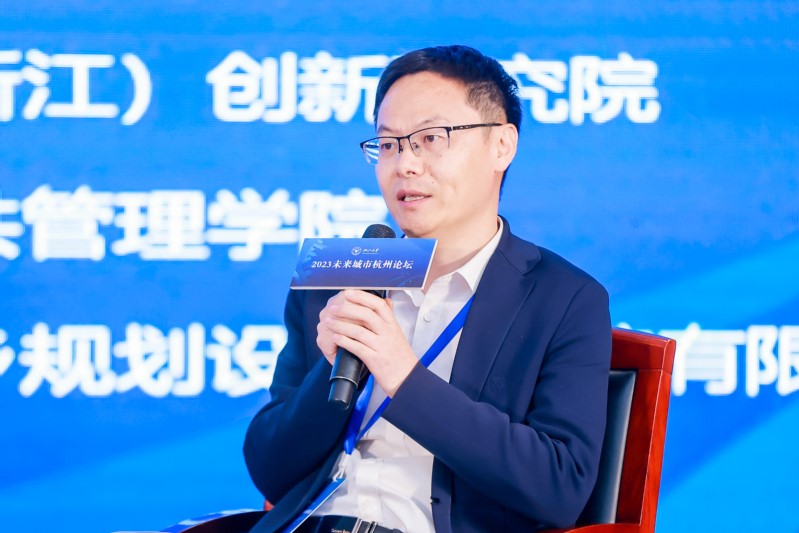
ZHANG Yuanjing, Deputy Secretary of CPC and General Manager of Urban-Planning & Design Institute of ZJU.
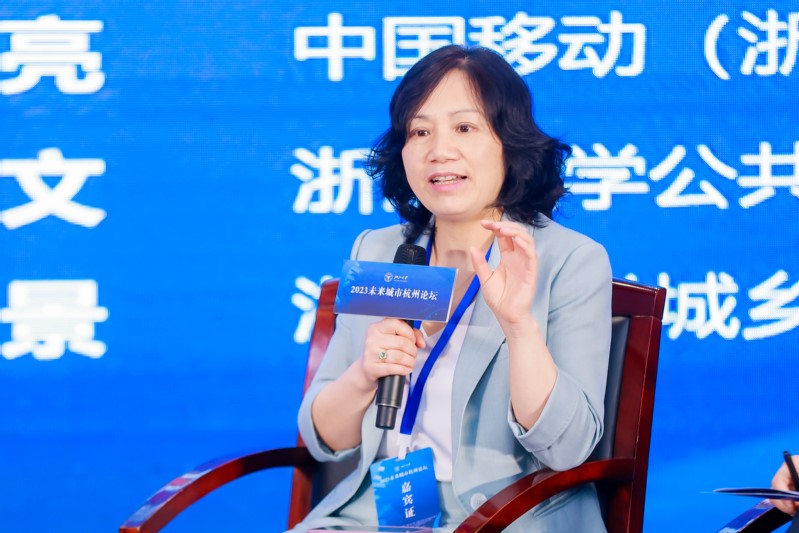
ZHANG Weiwen,Vice Dean of SPA, Dean of CIU of ZJU, and Dean of CIU
13:00-15:00 Keynote speech II
ZOU Yonghua, Tenure Associate Professor of SPA and Dean Assistant of CIU of ZJU, hosted the keynote speech II.
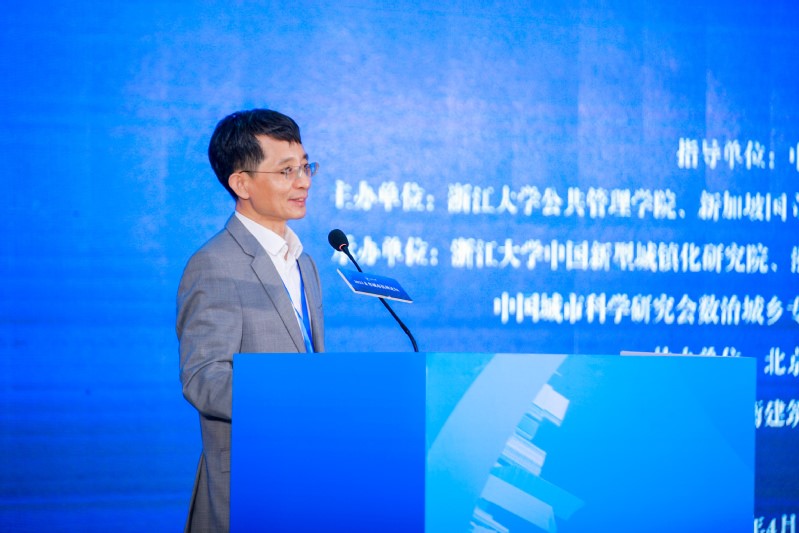
ZOU Yonghua, Tenure Associate Professor of SPA and Dean Assistant of CIU of ZJU
SUN Tao, Dean and Professor of School of Humanities and Social Sciences of Harbin Institute of Technology (Shenzhen) delivered a speech with the theme of Digital Transformation of Urban Governance with Government-enterprise Collaboration: Practice in Futian District of Shenzhen.Based on success of Futian, Prof. SUN put forward a governance network combining government, enterprises, society and residents, a new model for comprehensive governance to optimize the efficiency of city service.

SUN Tao, Dean and Professor of School of Humanities and Social Sciences of Harbin Institute of Technology (Shenzhen)
ZHANG Yi, Dean and Professor of College of Public Administration of Huazhong University of Science and Technology,shared his opinions involving Logic of Digital Governance: Capacity and Authority Empowerment by Technology.Prof. ZHANG analyzed the process of digital technology empowerment under three different digital governance methods. With analyses on Hangzhou Health Code and Taobao platform, he declared that digital governance is basically a dual process of capacity as well as authority empowerment by technology.
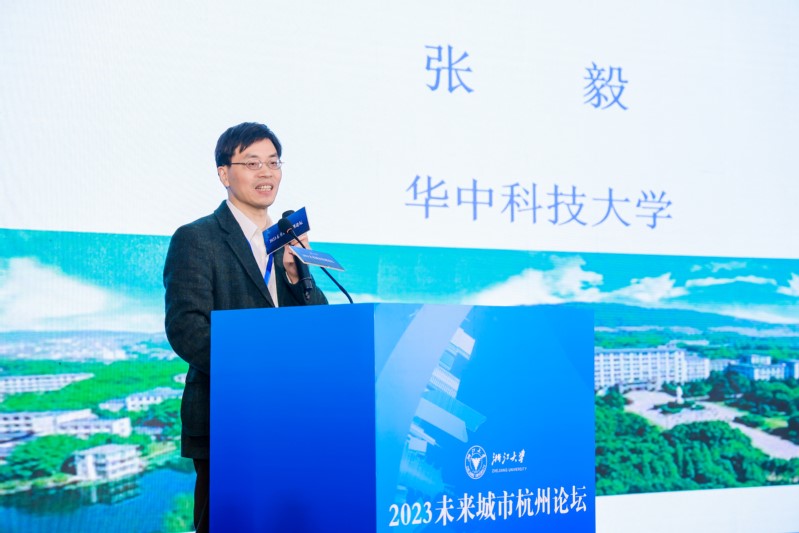
ZHANG Yi, Dean and Professor of College of Public Administration of Huazhong University of Science and Technology
FAN Bo, Vice Dean and Professor of School of International and Public Affairs of Shanghai Jiao Tong University, made a speech titled Keys for Digital Transformation of Government, in which he mentioned the leading roles that governments can play and hidden opportunities facing economy and industry digitalization.
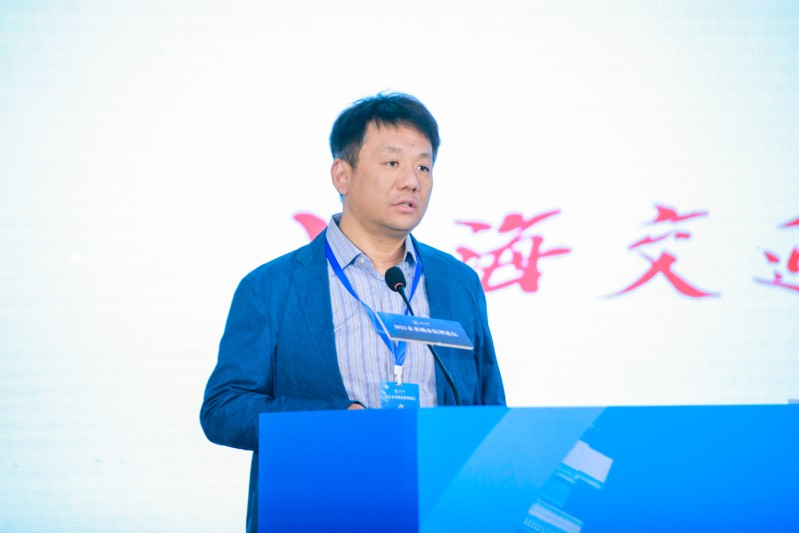
FAN Bo, Vice Dean and Professor of School of International and Public Affairs of Shanghai Jiao Tong University
QIN Bo, Vice Dean and Professor of School of Public Administration and Policy of Renmin University of China, presented his talk focusing on Development of Elderly-friendly and Livable Cities. Based on the condition of Chinese aging society,Prof. QIN stressed the importance for exercising the national strange against population aging and the preliminary outcomes we have achieved. He also put forward the misunderstandings about aging, urbanization and family-orientation and shortages in practice, standard and research. At last, he shared Beijing’s experience on developing elderly-friendly and livable cities.
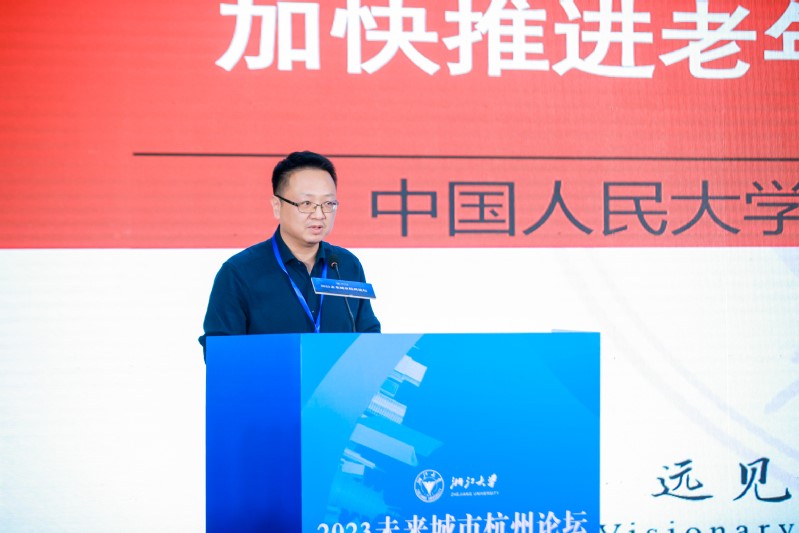
QIN Bo, Vice Dean and Professor of School of Public Administration and Policy of Renmin University of China
WANG Lan, Vice Dean and Professor of College of Architecture and Urban Planning of Tongji University, gave a speech on Spatial Planing and Governance of Healthy Cities, in which she discussed about the relation between city built environment and public health and defined healthy city from different perspectives. Her speech is constructive for planing and governance of healthy cities as well as the destiny and welfare of citizens.
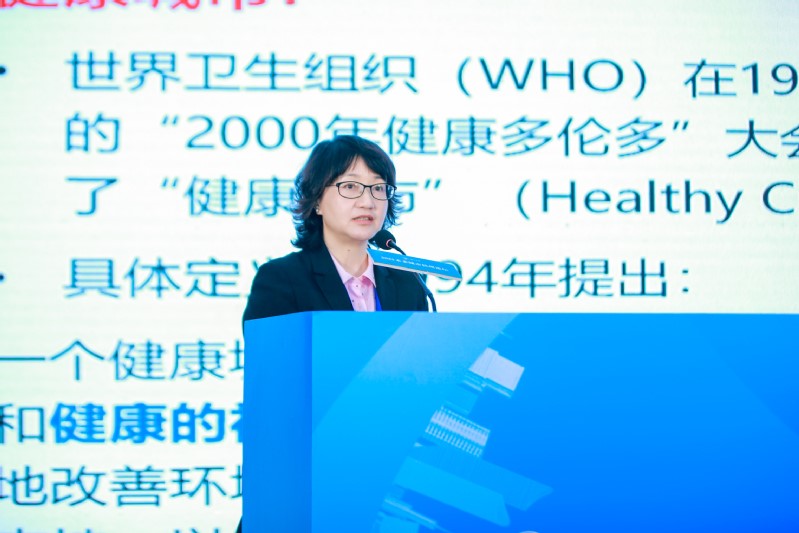
WANG Lan, Vice Dean and Professor of College of Architecture and Urban Planning of Tongji University
15:20-16:30 Roundtable forum II:
Smart urban governance
Forum II was mainly about smart urban governance. Participants include XU Yuanshuo, Researcher of Hundred Talents Program of SPA and Dean Assistant of CIU of ZJU, KONG Hui, Associate Professor of School of Architecture and Civil Engineering of Xiamen University, LIAO Lu, Lecturer of School of Public Administration and Policy of Renmin University of China, LIU Lun, Researcher and Assistant Professor of School of Government of Peking University, and ZHANG Yongping, Vice Dean of the Joint Lab and Researcher of Hundred Talents Program of SPA of ZJU. WANG Wei, Department Head and Associate Professor of School of Government of Central University of Finance and Economics was the host.
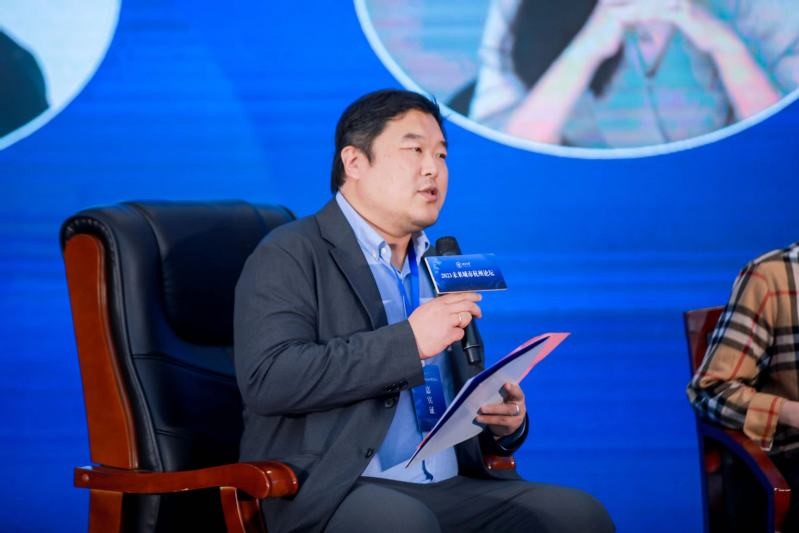
WANG Wei, Department Head and Associate Professor of School of Government of Central University of Finance and Economics
The guests had in-depth communications on issues involving core philosophies, effective governance and effect measures on smart urban governance. XU Yuanshuo mentioned that smart urban governance should be demand-oriented and consider data as new productive factor. Dynamic and multi-scale governance will give birth to synergy and inclusive knowledge and value. Liu Lun believed that the direct and ultimate goals for smart urban governance are to improve decision quality and win satisfaction from citizens. Both individuals and organizations shall be effectively involved into social and political systems. KONG Hui suggested that smart urban governance shall primarily serve the people. Data island shall be stopped by which data value can be fully explored to address problems in urban governance. Meanwhile, the welfare of vulnerable groups must be protected. Liao Lu, from the perspective of authority, indicated that smart city is basically an interactive platform for urban governance which can lower the cost of multi-party collaboration. We shall use data to encourage citizens to participate in realizing urban smart governance. ZHANG Yongping said smart urban governance is fundamentally a double helix of technology and humanity. That’s why the demand and development goals of human shall be fully taken into account. WANG Wei ended this section with a summary of all remarks made by these participants and posed an open-ended question: What kind of world that AI is creating? Machine or ideal one?
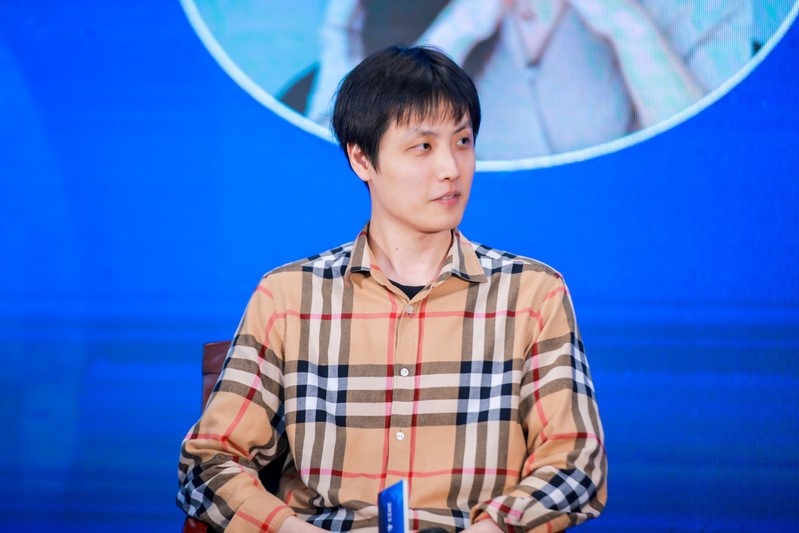
XU Yuanshuo, Researcher of Hundred Talents Program of SPA and Dean Assistant of CIU of ZJU
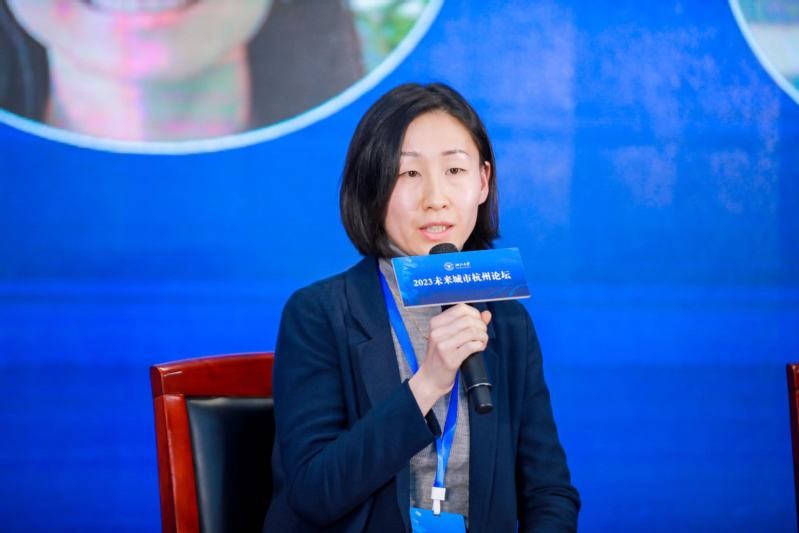
LIU Lun, Researcher and Assistant Professor of School of Government of Peking University
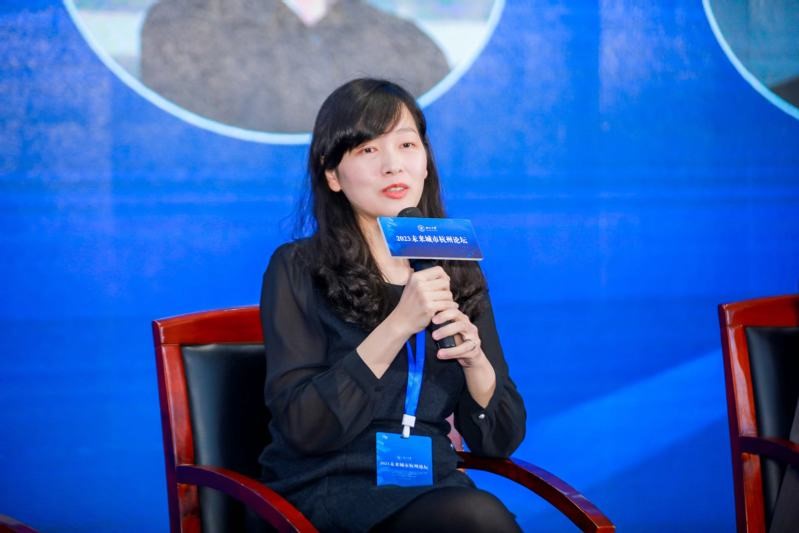
LIU Lun, Researcher and Assistant Professor of School of Government of Peking University
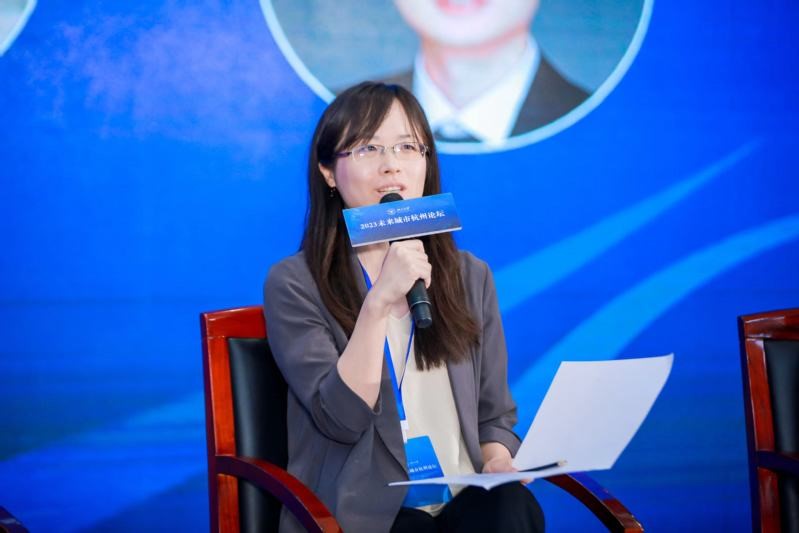
LIAO Lu, Lecturer of School of Public Administration and Policy of Renmin University of China
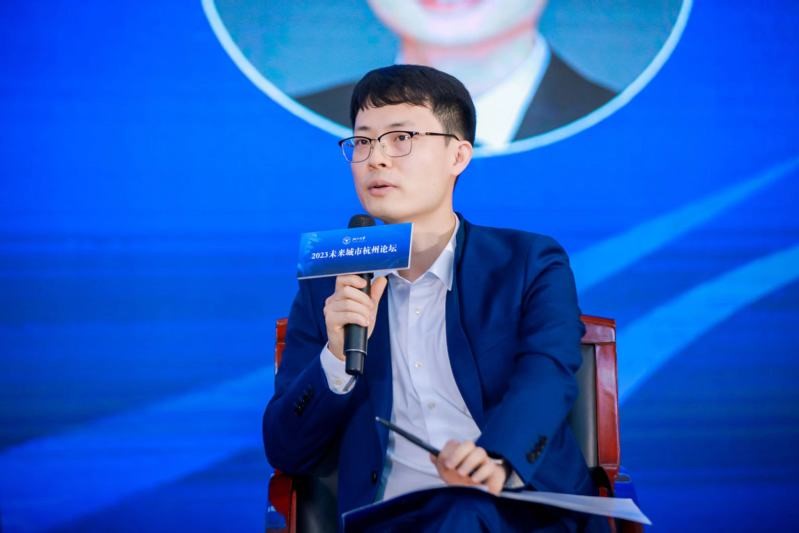
ZHANG Yongping, Vice Dean of the Joint Laboratory and Researcher of Hundred Talents Program of SPA of ZJU
16:30-17:30 Keynote Speech III
Keynote Speech III was hosted by MAO Rui, Professor of SPA and Vice Dean of the Joint Lab.
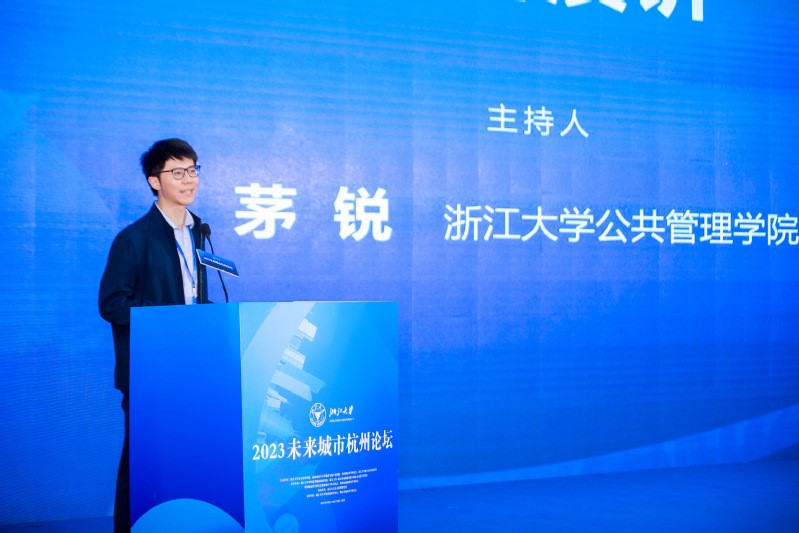
MAO Rui, Professor of SPA and Vice Dean of the Joint Lab.
QI Tongjun, Vice Dean of Hangzhou Data Resources Management Bureau, gave a speech titled Network Integrating Issues of Future Urban Management.With the backdrop of integrated network management, QI mapped new development directions for urban governance which aims for high efficiency mainly supported by human. He also reviewed the revolution of structures of urban management with existing samples in Shanghai and Futian of Shenzhen. At the end, QI expressed hope for Hangzhou to establish its own integrated system.
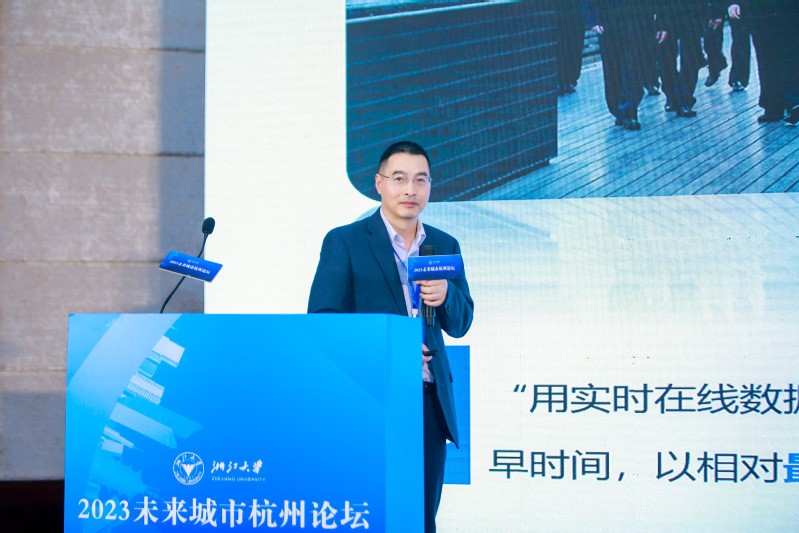
QI Tongjun, Vice Dean of Hangzhou Data Resources Management Bureau
Michael Batty, Academician of Royal Academy of Sciences and Professor of UCL delivered a speech with the title of Ai and Urban Planning: Inventing Networks to Generate Optimal City Plans. In his speech, Prof. Batty reviewed the relation between AI, city and IT and discussed about traits of high & low frequency with hot topics like big data, machine learning and ChatGPT. He also introduced cases in which people use social media to optimize planning and train artificial neural network models to make a difference on key factors behind community development. These all can serve as guidance for urban management and governance.
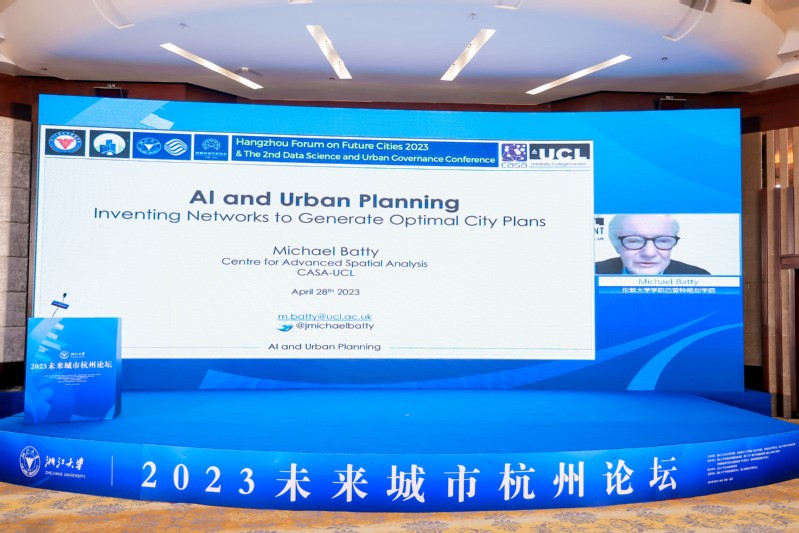
Michael Batty, Academician of Royal Academy of Sciences and Professor of UCL
CHENG Tianfu, Dean and Professor of Institute of Real Estate &Urban Studies of National University of Singapore delivered his speech with the title of Smart Cities in the Era of Big Data: Is My City Smarter? At the begining, Prof CHENG asked the question: does city has intelligence? Then he drew out comparison between human intelligence and city intelligence and expounded how Singapore use technology to solve urban issues while expediting the establishing of smart country. CHENG also introduced three pillars that support Singapore in this process, namely digital society, digital economy and digital government. At last, he gave a clear blueprint for Singapore’s ideal homeland with cases of Punggol Digital District and New Energy Zero Building.
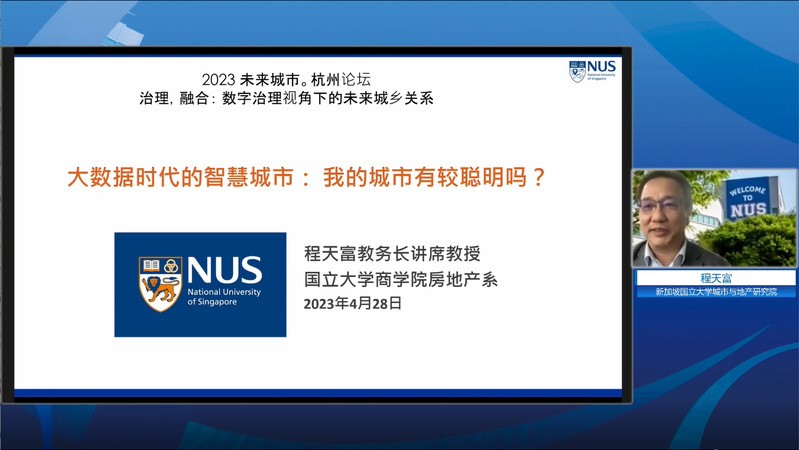
CHENG Tianfu, Dean and Professor of Institute of Real Estate &Urban Studies of National University of Singapore
17:30-17:35 Closing ceremony
Prof. ZHANG Weiwen made the closing remark.Once again,she expressed sincere appreciation to all the guests and sponsors and announced the Forum concluded successfully.


